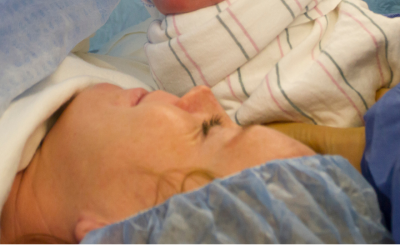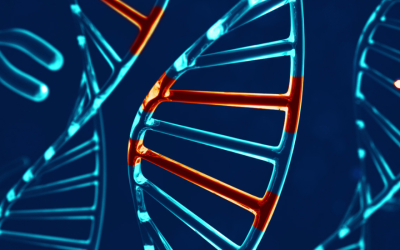
Research Roundup
The most important preeclampsia research studies, explained for you. A team of diverse researchers scour the peer-reviewed research journals to highlight the most important, cutting edge studies. We try to cover basic, molecular, clinical and population sciences, and a wide range of topics such as new findings in preeclampsia diagnoses, treatment, prevention, long-term effects, risk factors and etiology of preeclampsia.

Recent findings in preeclampsia research have shown that preeclampsia likely has at least two variants – an early onset and a late onset variant. Early onset is typically defined as before 34 weeks gestation and late onset is after 34 weeks ges...

Preeclampsia is a pregnancy complication marked by new-onset high blood pressure and signs of stress on organs such as the kidneys, liver, and brain. While much attention is often given to preterm disease, about 75% of preeclampsia cases occur at ter...

Preeclampsia is a serious problem that can happen during pregnancy. It often affects the brain and can cause headaches, vision problems, strong reflexes, and seizures (called eclampsia). In this study, researchers explored whether certain substances...

Pregnancy offers a unique window into a woman’s future heart and cardiovascular health. Conditions such as hypertensive disorders of pregnancy (HDP) which include gestational hypertension, preeclampsia (with or without severe features), and ecl...

Heart disease, also called cardiovascular disease (CVD), is becoming more common in young women across the United States. Hypertensive disorders of pregnancy (HDP) is a group of conditions that include high blood pressure during pregnancy, such as pr...

Hypertensive disorders of pregnancy significantly increase your risk of developing long-term heart problems. A careful review of blood pressure elevations during and after pregnancy may assist in identifying patients at risk of heart disease. ...

Hypertensive disorders of pregnancy (HDP) can affect different groups of women in different ways, and even though we know this happening, we don't fully understand why. There are many factors, like biology, the environment, culture, and access to hea...

There is growing evidence that studies examining pregnancy and its complications need to start early within the pregnancy to fully understand the nature of preeclampsia. Key gestational milestones, which have lasting effects during and after pregnanc...

It is known that chronic hypertension and high BMI (body mass index) are risk factors for hypertensive disorders of pregnancy (HDP). Studies documenting this risk have usually assessed blood pressure and BMI shortly before or early in pregnancy...

Several biomarker tests are under development to predict or diagnose preeclampsia. While none of these tests are yet widely accepted in U.S. clinical practice, two FDA-approved tests are available in the U.S. for hospitalized patients to help assess...

While the foundations of preeclampsia are believed to develop in the early stages of pregnancy, the current screening process occurs at 20 weeks, nearly half way through the second trimester. When clinical symptoms begin to appear, often after the se...

Research suggests that preeclampsia may develop in a two-stage process. The first stage involves challenges to the way that the placenta implants and grows. In a normal pregnancy, a type of placental cell changes blood vessels in the uterus to ensure...
